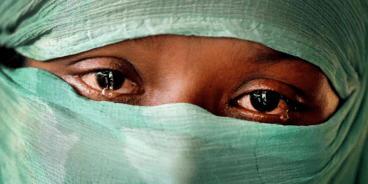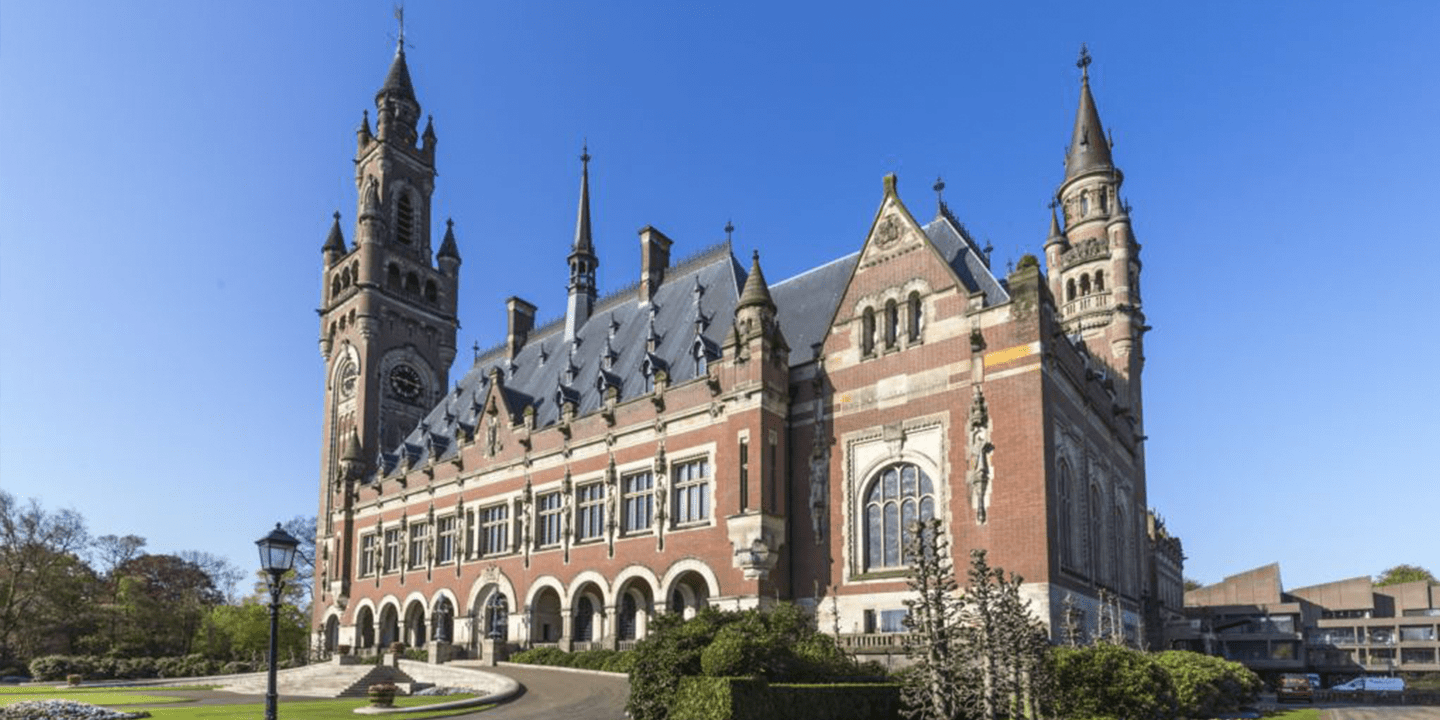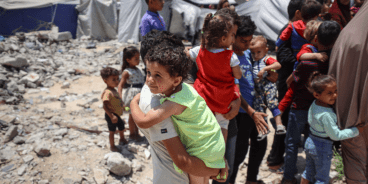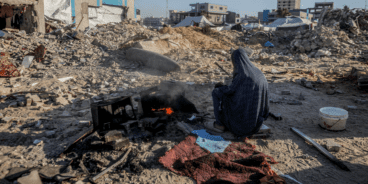

Joint Statement: The Gambia Files Lawsuit Against Myanmar at the International Court of Justice
NEW YORK — Today the government of the Republic of The Gambia filed a lawsuit at the International Court of Justice (ICJ) against the Republic of the Union of Myanmar for violating its obligations under the Genocide Convention. This historic lawsuit seeks to ensure Myanmar’s responsibility as a state for the genocide committed against the Rohingya.
Starting in October 2016 and then again in August 2017, Myanmar’s security forces engaged in so-called “clearance operations” against the Rohingya, a distinct Muslim ethnic minority, in Rakhine State. The operations were characterized by brutal violence and serious human rights violations that, according to UN investigations, amount to genocide and crimes against humanity. Survivors reported indiscriminate killings, rape and sexual violence, arbitrary detention, and torture. Since August 2017 more than 745,000 ethnic Rohingya civilians have been forcibly displaced from Myanmar, with nearly 400 Rohingya villages attacked and burned.
The clearance operations followed decades of systematic persecution of the Rohingya by the government. Over the course of decades, Myanmar has rendered most its Rohingya population stateless through discriminatory laws, and placed severe restrictions on their freedom of movement, fundamental religious freedom as well as reproductive and marital rights.
In September, the UN Human Rights Council-mandated Independent International Fact-Finding Mission on Myanmar (FFM) concluded in its final report that “the State of Myanmar breached its obligation not to commit genocide” and welcomed efforts to ensure accountability, including at the ICJ.
The ICJ is the principal judicial organ of the United Nations and rules on disputes between states and other questions of international law. Article IX of the Genocide Convention provides that any disputes relating to the “interpretation, application or fulfillment” of the Convention, including “the responsibility of a State for genocide,” can be brought to the ICJ. For more information on the ICJ process, see “Q&A: The Gambia v. Myanmar, Rohingya Genocide at The International Court of Justice.”
As a party to the Genocide Convention, The Gambia refused to stay silent in the face of genocide and today took an important step in filing a case against Myanmar at the ICJ. As part of its filing, The Gambia requested the ICJ to issue provisional measures which, if granted, could impose immediately binding obligations on Myanmar.
“We commend The Gambia for upholding its international responsibility to punish genocide,” said Simon Adams, Executive Director of the Global Centre for the Responsibility to Protect. “The international community failed to prevent a genocide in Myanmar, but it is not too late to hold the State of Myanmar accountable for its crimes.”
“The Gambia’s lawsuit is a landmark moment for the global rule of law and for the victims of some of the most severe human rights abuses in recent memory,” said Akila Radhakrishnan, President of the Global Justice Center. “We must also remember that gender played a central role in this genocide and we hope this perspective will be at the heart of this critical effort to hold the state of Myanmar accountable for its atrocities.”
Read Next

Related Content

Atrocity Alert No. 443: Sudan, Israel and the Occupied Palestinian Territory and United States Travel Ban

Atrocity Alert No. 442: Israel and the Occupied Palestinian Territory, Myanmar (Burma) and Belarus
